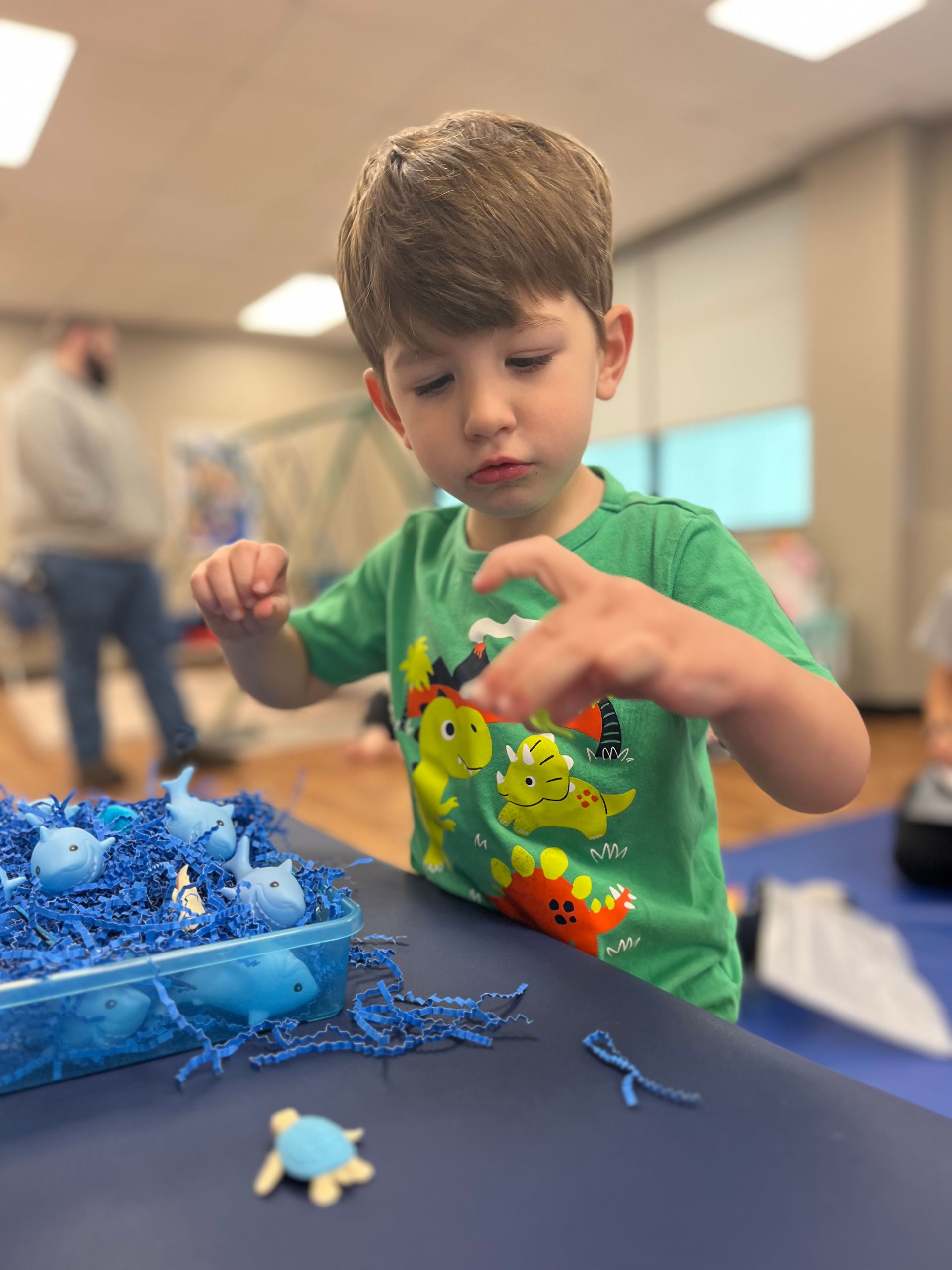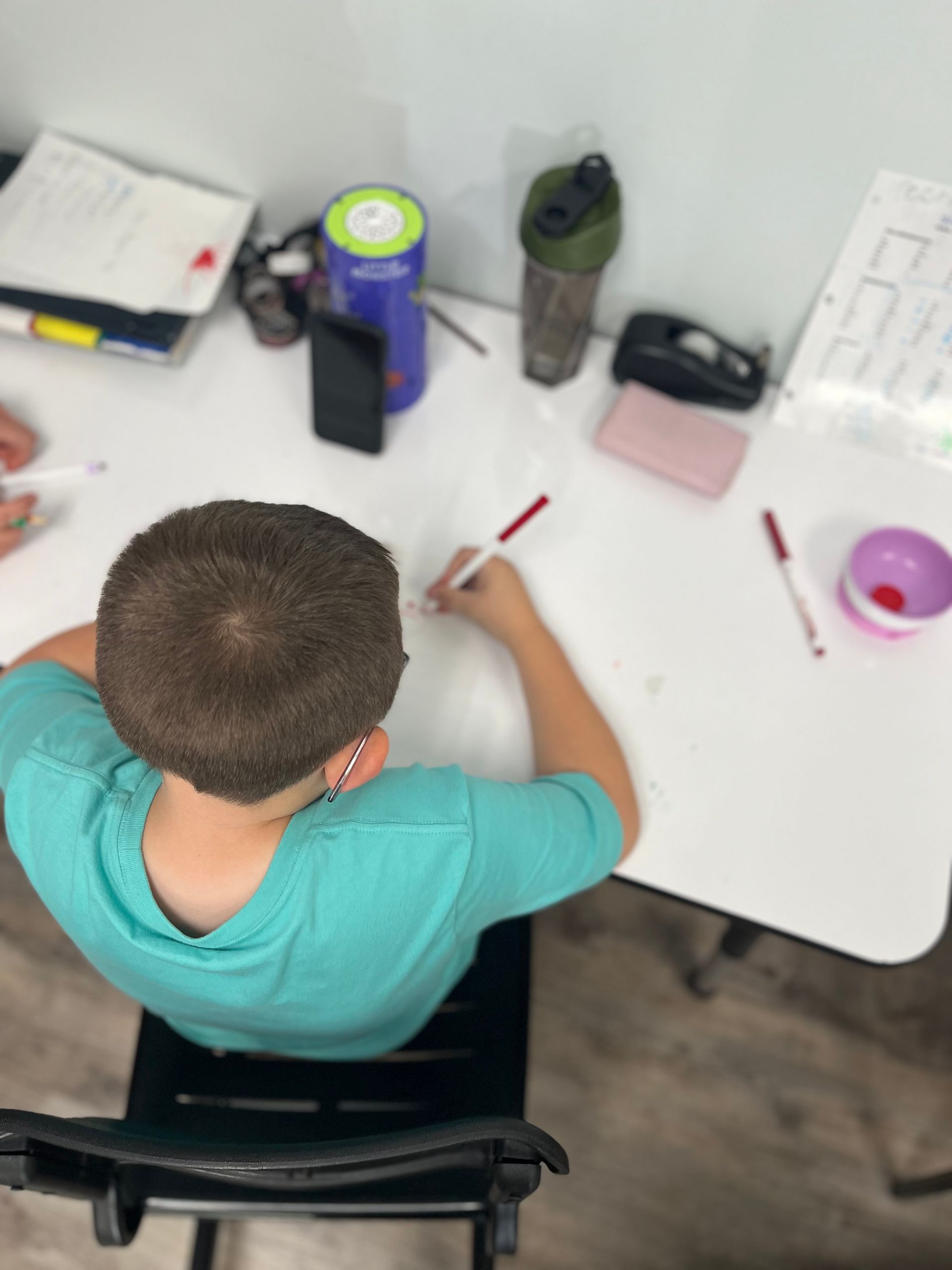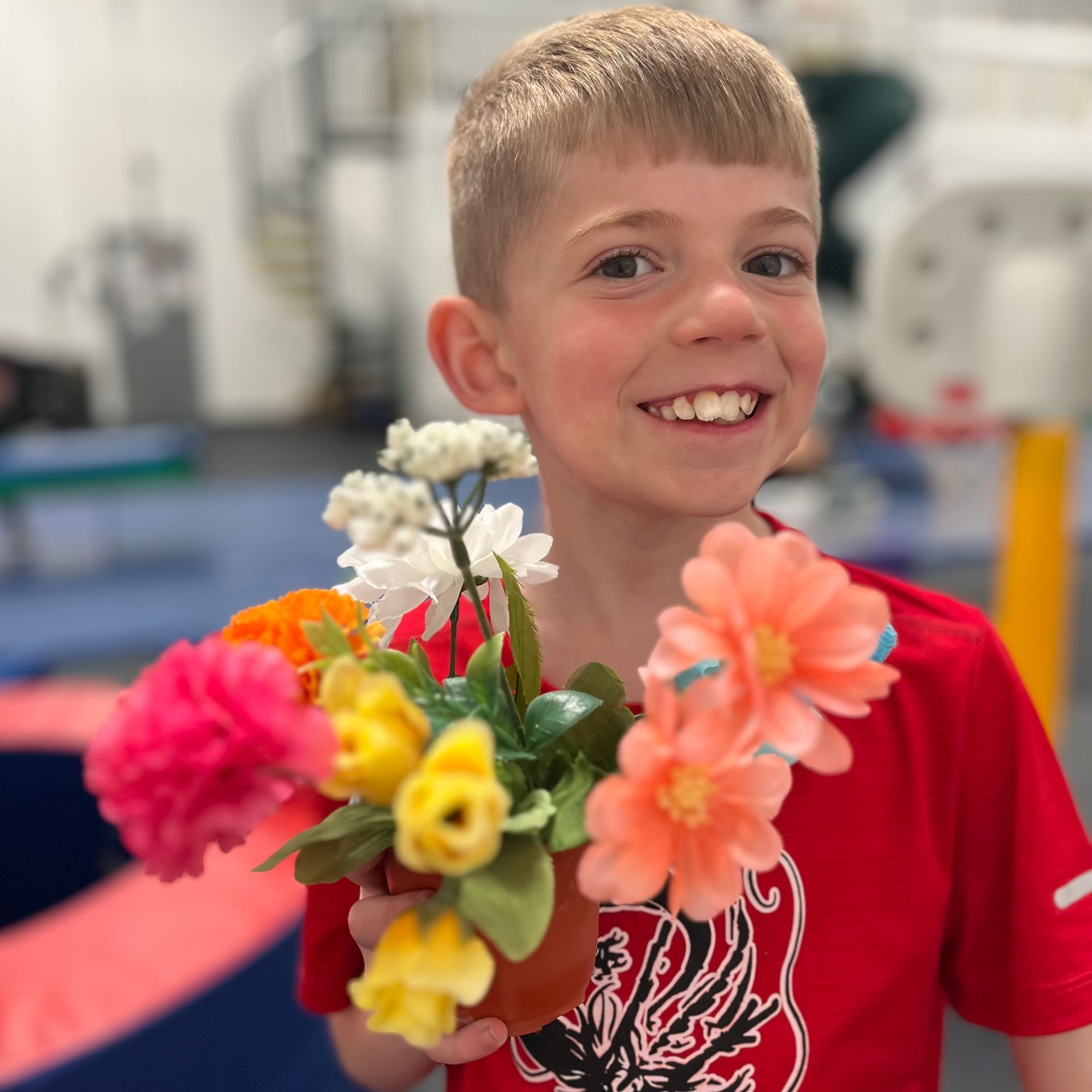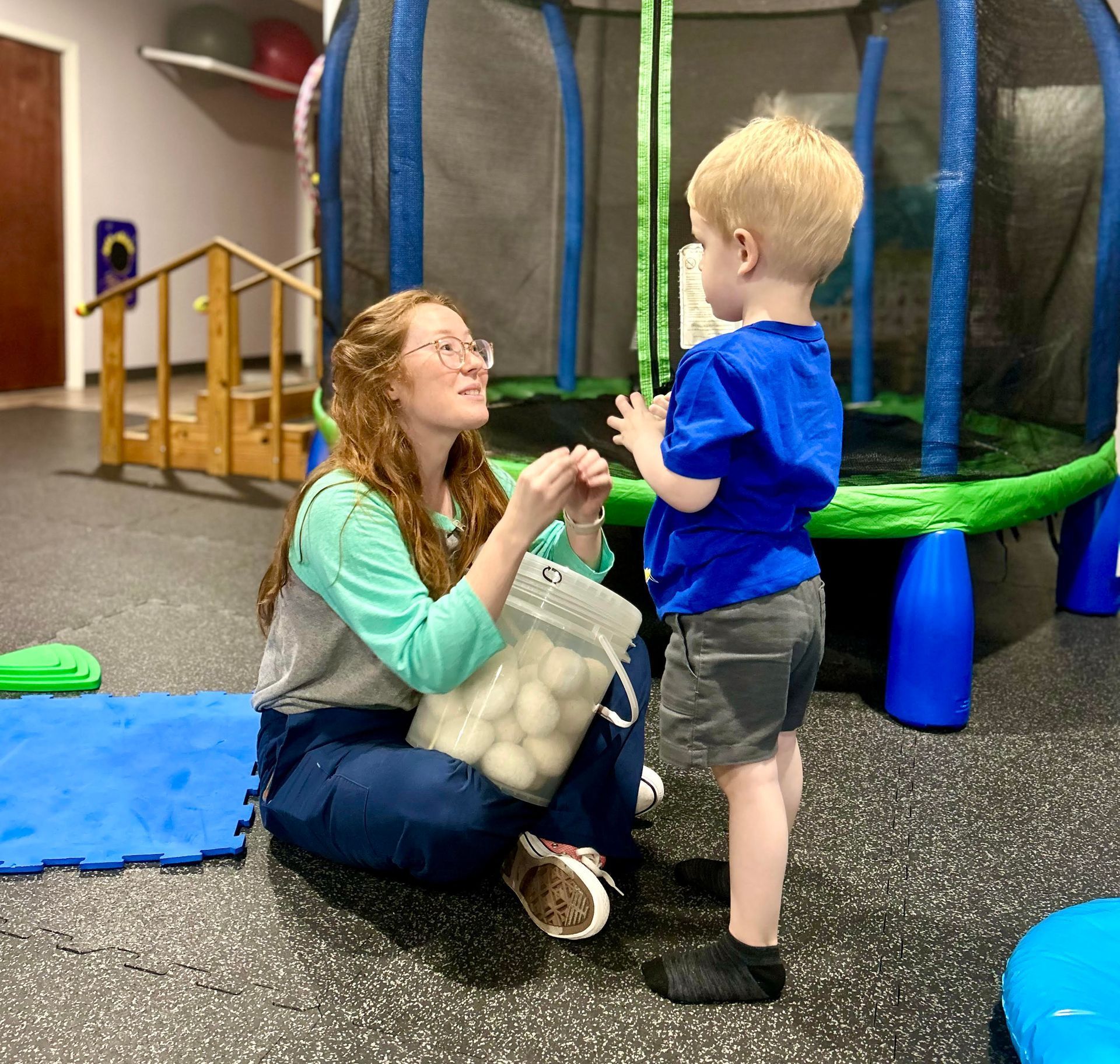Speech Language THerapy
When children learn to talk, they often have difficulties that clear up with time. Some children continue having difficulty with certain aspects of speech and require speech-language therapy. Our team of
pediatric speech therapists can help your child work through speech and language obstacles in order to allow them to more fully participate in academic and social settings and contribute in a meaningful way.
-
Does My Child Need Speech Therapy?
If this is your first time visiting us, you may be wondering if your child can benefit from pediatric speech therapy. Do any of the following apply to your child? If so, he or she can likely see improvements with speech therapy.
- Limited or no babbling, gestures, or first words by 12–18 months
- Difficulty being understood by family or unfamiliar listeners, speech that is noticeably less clear than peers the same age
- Trouble following directions or answering simple questions
- Frustration when trying to communicate or frequent tantrums due to communication struggles
- Repeating sounds or words, or getting "stuck" when speaking (stuttering)
- Ongoing issues with feeding or swallowing (e.g., choking, gagging, or avoiding certain textures)
- Has difficulty drinking from a cup or straw
- Exhibits fatigue during feeding or meals
- Gags, coughs, or chokes during feeding or taking medications
- Difficulty putting words together to form phrases or sentences
- Has difficulty producing smooth and flowing speech
- Has difficulty naming common items
- Has difficulty expressing themselves using sentences and specific vocabulary words
- Has difficulty following multi-step directions
- Doesn’t get the “joke” because they take language literally
- Has difficulty with word retrieval of known vocabulary
- Has difficulty telling you what “sound” a letter makes
-
Speech & Language Disorders
Although speech and language are often thought of as the same thing, they are two distinct aspects of speaking. Speech refers to the sound of spoken words, the formation of sounds, and their rhythm and flow. Language involves the specific words we use and how we use those words to express our wants and ideas.
There are several types of speech disorders, including:
- Articulation disorders are characterized by having trouble making sounds or severely mispronouncing words to the extent that others cannot understand what is being said.
- Fluency disorders include disruption in the flow of speech. The most common form of trouble is stuttering, in which speech rhythm is interrupted by unusual stops, partial-word repetition, or prolonged sounds or syllables.
- Resonance, or voice, disorders related to problems with a voice's pitch, quality, or volume. The disturbances distract those listening from what is being said and can also be a source of pain or discomfort for the child.
Language disorders are classified as either receptive or expressive. A child who has a receptive disorder has trouble understanding and processing what is being said by others. Expressive disorders are indicated by issues putting words together to form coherent thoughts, having a limited vocabulary, or underdeveloped pragmatic language skills. Pragmatic language skills include what is said and how as well as non-verbal communication such as eye contact and body language.
-
Augmentative Communication & Aural Rehabilitation/Habilitation
Augmentative and Alternative Communication (AAC) methods include various techniques that can support or replace verbal communication. A combination of gestures, signing, pointing to photos or words, and drawing are often paired with assistive apps on tablets and speech-generating devices. Our speech therapy professionals can help you find the best AAC system for your child and provide assistance with learning how to use the system most effectively.
Aural rehabilitation/habilitation is the process of regaining skills lost as a result of hearing loss. Auditory perception training uses activities to increase your child’s awareness of sound and improve sound discrimination. It also includes the development of skills needed to hear using hearing aids. We help your child learn to manage communication by increasing their understanding of hearing loss, handling communication breakdowns, and ways to modify situations for more accessible communication.
-
Specialities
While our speech therapy team supports a wide range of developmental needs, our team provides specialized programs in key areas. These focus areas allow us to deliver targeted, evidence-based care while supporting your child’s overall development.
Our Specialities:
- Hearing Screenings
- Reading/Spelling
- AAC
- Speech Delays
- Language Delays
- Fluency Disorders
- Resonance/Voice Disorders
- Pragmatic Language
- Social Skills



